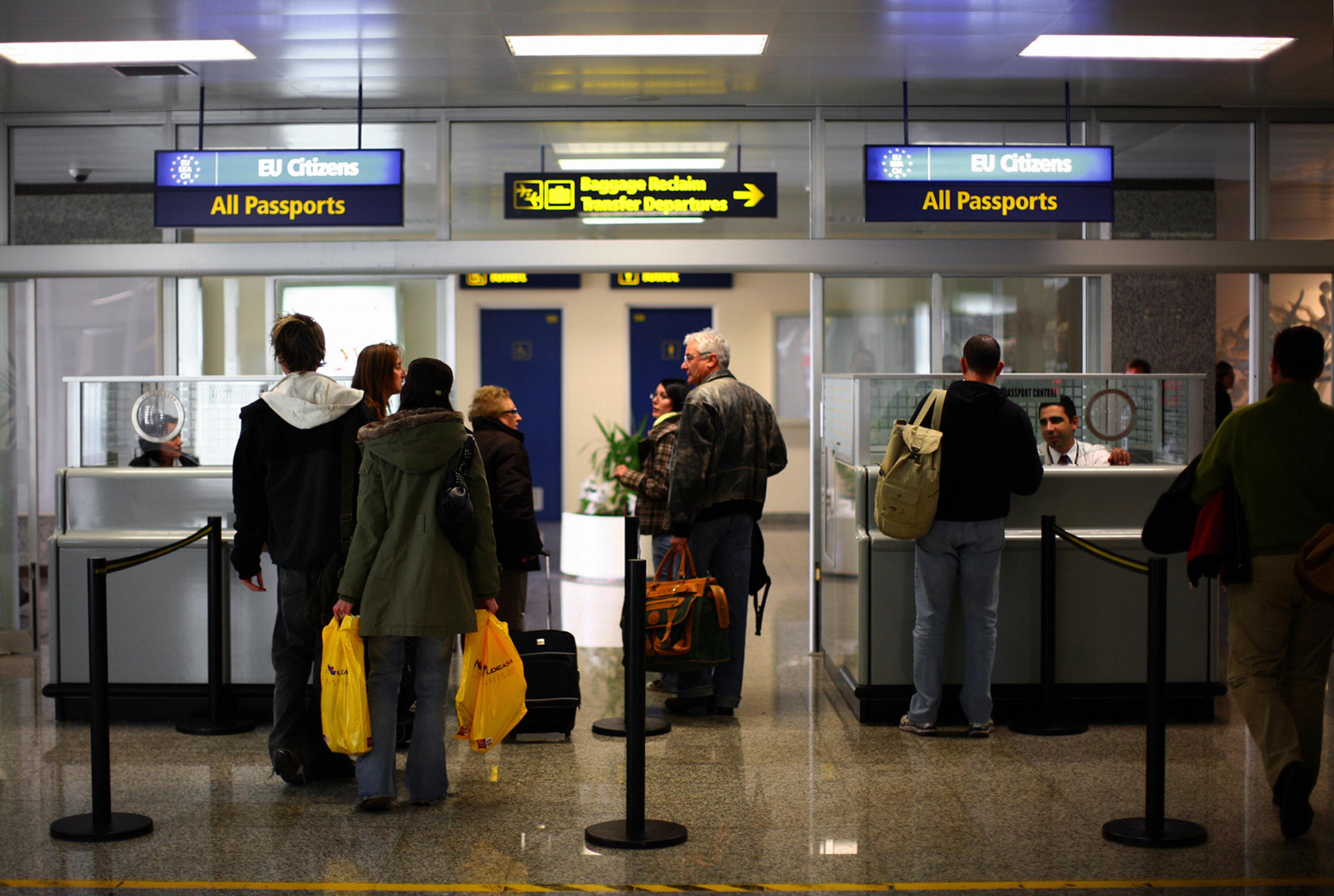Under a new law, the cash-strapped government of Malta will allow foreigners to buy citizenship for €650,000 ($865,000). Anyone over the age of 18 who can pass a criminal background check is eligible and you don’t need to live on the island or invest there. The EU member state with a population of about 418,000 expects about 200–300 buyers per year. These new citizens will presumably enjoy free travel rights throughout the EU and visa-free travel to the United States.
Malta won’t be the only country with a program like this. The cheapest deals are in the Caribbean. You can become a citizen of St. Kitts and Nevis in return for $250,000 donation to a fund for retired sugar workers or a $400,000 real estate donation. Antigua and Barbuda instituted a program with the same price just last month. In Dominica, it costs about $100,000. These passports are particularly popular in the Middle East, though St. Kitts closed its program off to Iranians in 2011.
Besides Malta, two other countries in the EU will reportedly offer citizenship for the right price. Cyprus recently cut the price of its “citizenship by investment” program from €10 million ($13.5 million) to €3 million ($4.4 million) to placate foreign, mostly Russian, investors who lost out under the terms of the country’s recent EU bailout.
If you’re a bit more of a high-roller, Austria’s laws allow citizenship to be granted to those who have performed “extraordinary services” for the country and one firm specializing in repatriation claims to have secured passports for clients willing to make an investment there of at least $10 million. (The Austrian government denies that it works this way.) Other countries including Portugal and Ireland have programs to grant residency permits—including travel rights within the EU—to investors, with passports often following a few years later.
These programs are understandably controversial. One opposition lawmaker called Malta’s new law a “black day for democracy.” Macedonia canceled its citizenship for investment program after the controversy that followed its granting a passport to Thailand’s ousted Prime Minister Thaksin Shinawatra.
What about the United States? Under one program, foreigners can get investor visas for a “$1 million investment in a U.S. business employing at least 10 people or $500,000 in designated economically depressed areas,” but it takes at least two years to get permanent residence and at least five to get citizenship.
The economist Gary Becker has suggested that more countries should sell immigrant visas. The Economist explains:
Adjusting the price from year to year would allow governments to retain control over how many immigrants came while responding to changing labour-market conditions. And the revenue raised might go some way to assuaging the concerns of those who oppose immigration, especially now when clever thinking is needed about ways to improve public finances. Charging $50,000 for the right to immigrate would net America $50 billion if it let in 1m immigrants, roughly as many as it currently admits legally.
More importantly, the immigrants most tempted by such a fee-based system would be those who would garner the biggest economic benefit from migrating, such as those whose wages would increase by the largest amount. They would be the kind of innovative, hard-working go-getters countries want to attract…
Becker suggests that qualified immigrants who can’t afford the fee could borrow the money from their government or employer. Critics charge that this would essentially be a form of indentured servitude, something that’s hardly unheard of in the history of American immigration.
